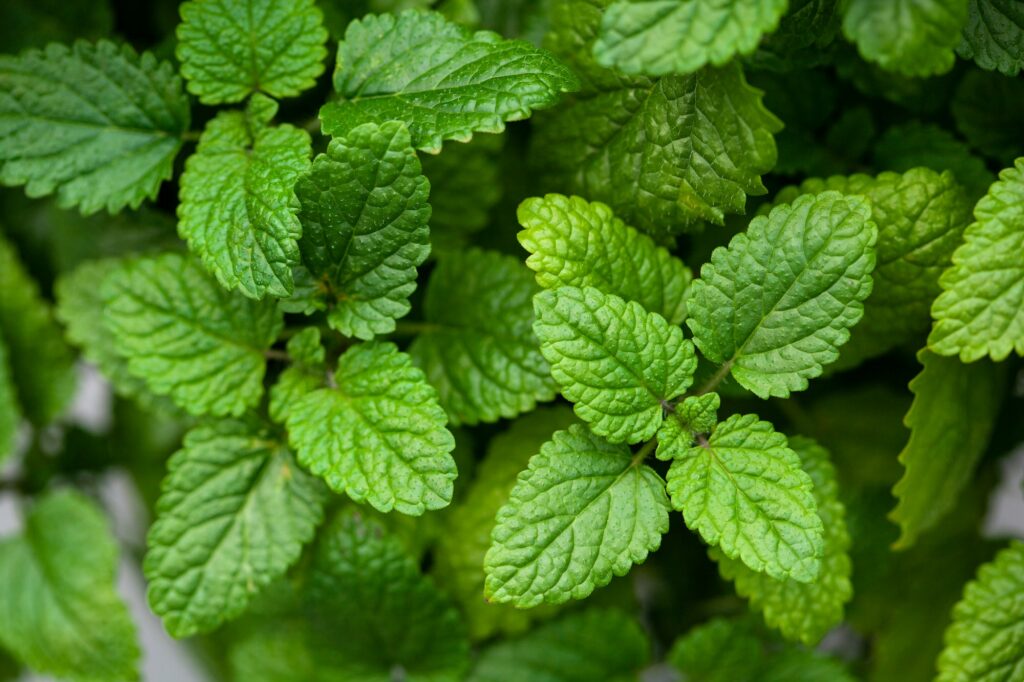Despite their important ecological roles, insects like mosquitoes, gnats, flies, and no-see-ums bites can be highly irritating. Several people apply chemical insect spray and lotion to avoid itchy and painful punctures.
They don’t realize that plants can help repel bugs-at least partially.
In this article, we will share 10 plants that can help you manage your garden’s insect population.
But first….
How Bug-Repelling Plants Work!
Plants and flowers have a scent that can serve as a bug deterrent due to tiny globules of essential oils dispersed throughout them. High temperatures can cause the globules to become volatile, vaporizing the essential oils. One of the clearest instances of this is the many globules present on the underside of rosemary leaves.
Some plants, such as citronella and lavender, release oils that a mosquito finds offensive. These plants can create a barrier against pests in your yard or garden. Other plants, such as marigolds, act as natural pesticides, repelling bugs without harsh chemicals.
Note: having bug-repelling plants alone won’t keep your garden completely insect-free.
Basil

Basil is a great herb to keep around, especially around the summertime. In fact, according to recent studies, basil is especially effective at repelling female mosquitoes, which can spread diseases like the Zika virus, malaria, and dengue fever.
Additionally, basil works well against a pest called the flea beetle (and the cabbage webworm, which is not an insect). Not only will you keep yourself safe from disease-carrying mosquitoes, but you’ll also enjoy this fragrant herb’s delicious taste!
Lemon Thyme

Lemon thyme, a part of the mint family, is a fragrant herb that can be used in cooking and as a topical treatment. Lemon thyme also has insect-repelling properties, making it a great addition to your garden to keep away bugs such as mosquitoes, spider mites, and aphids. You can plant lemon thyme in your garden, patio, or deck.
Lemon Balm

The leaves and essential oil of lemon balm contain compounds that are effective at repelling mosquitoes, flies, and other insects. The leaves of lemon balm can also be used to make tea or applied topically to keep bugs away.
Scented Geranium
Source: google
Scented geraniums, also known as pelargoniums, are flowering plants often used to add colour and fragrance to gardens and homes. These plants can also be used as insect repellents. Scented geraniums produce a strong scent unpleasant to many insects. It is a natural way method that’s proven to work.
Lavender
Photo by Annie Spratt on Unsplash
While humans are naturally attracted to the smell of lavender, mosquitoes, flies, and other bugs find it toxic. You can place them in bouquets around your house, your home’s entry points or garden areas. As a bonus, you can use the oil extracted from the plant as a skin ointment. It also has a calming effect.
Chrysanthemums
Photo by Yoksel 🌿 Zok on Unsplash
There is evidence that chrysanthemums can kill roaches, ants, Japanese beetles, ticks, silverfish, lice, fleas, bedbugs, spider mites, harlequin bugs, and root-knot nematodes. They contain pyrethrum, which is effective against flying or jumping insects. In fact, many traditional home and garden insecticides contain compounds from chrysanthemums and are frequently used in indoor sprays, pet shampoos, and aerosol bombs.
Lemon Eucalyptus
Source: google
Lemon eucalyptus is also a good bug repellant. This hardy perennial is a member of the myrtle family and is native to Australia. It’s been used as a natural insect repellent for centuries and has been effective against various unwanted pests, including cabbage moths.
Floss Flower
Source: shutterstock
Some recent research suggests that Floss Flower (Ageratum conyzoides) can be a natural repellent against bugs. This plant is a daisy family member and native to Africa, but it can now be found worldwide. The flowers and leaves of this plant have been shown to repel various pests, including flies, mosquitoes, and even some types of bugs. Floss Flower is an excellent choice for gardens and yards, as it can help keep these areas free from unwanted pests.
Marigold
Marigolds have a pungent smell that can ward off these pests. Marigolds can be planted in garden plots, around the yard’s edges, or in pots on the porch or patio.
Alliums
Photo by Nick Fewings on Unsplash
The allium family has been considered a broad-spectrum natural insecticide throughout Indigenous history, including the dramatic Allium giganteum. They repel aphids, slugs, cabbage worms, carrot flies, and other pests.
Many plants can benefit from being planted with alliums, including tomatoes, peppers, potatoes, cabbages, broccoli, kohlrabi, and carrots. Among alliums are chives, garlic chives, leeks, and shallots. Besides being edible, they also keep aphids away from rose bushes.
Why Use Plants To Repel Bugs?
There are many reasons to use plants to repel bugs. One of the most important reasons is that it’s a pesticide-free way to control pests. It’s also a more sustainable option, as it doesn’t rely on chemicals that can harm the environment. Plants also offer a more holistic form of pest control, as they help to create a healthy environment that is less hospitable to pests.
Conclusion
Herbs, in particular, are known for their pest-repelling properties. Lavender, basil, mint, and thyme are a few examples of herbs that can keep pests at bay. You can either plant these herbs in your garden or place them in pots near doors and windows to keep bugs out.
Another option is to use plants as bait to trap pests. For example, you can plant marigolds around your garden to attract aphids and dispose of the pests once trapped. You can also use citrus fruits as bait to attract spiders and other unwanted insects. Simply place the fruit peelings near problem areas to lure the bugs in before disposing of them. But be wary that some of these plants are toxic to your pet(s) if you have one.
FAQs
But do bug-repelling plants really work?
Most people don’t know it yet, but mosquitoes and many other biting insects target us by the gases and odours we give off, including carbon dioxide, sweat, smelly feet, etc. Plants keep off all these unwanted insects by producing strong cents that block the scent receptors bugs use to find us. So, bug-repelling plants work, but they alone can’t entirely wade off insects.
Are the plants mentioned above the only ones that work?
Absolutely not. Various other types can do this. The above list is only a recommendation. Feel free to do research and look into other plant types available.
Can I use an insect repellent if I have the plants?
Yes please. Plants alone can’t completely eliminate bugs and insects. You can complement them with a topical repellent. However, you have to use it in small modulations so that you don’t experience any toxic effects.


